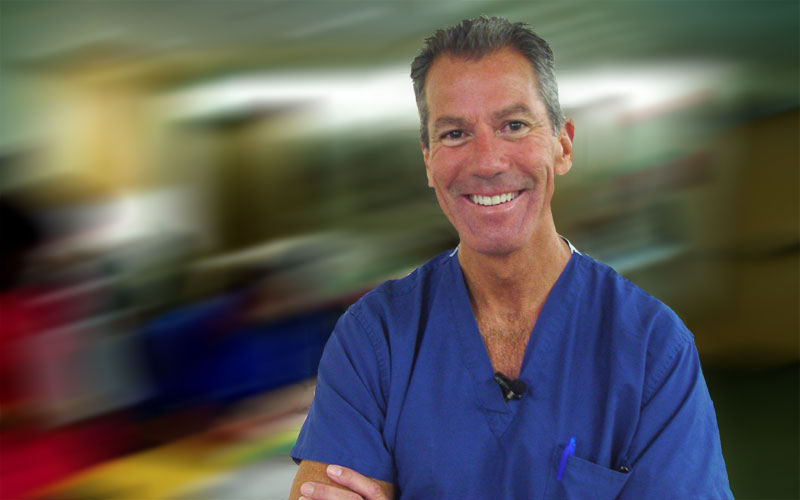
At the 2013 American Academy of Orthopedic Surgeons annual meeting in Chicago, IL, March 19 through 23, 2013, there were several papers evaluating ways to decrease infection following joint replacement surgery. These can be lumped into things that the patient can do preoperatively to minimize the risk as well as things surgeons can do intraoperatively and postoperative.
We have taken many of the “best practices” information and tried to educate our patients as to ways they can maximize the outcome after their surgery. Certainly taking an inventory of your skin prior to a joint replacement surgery is important to make sure there are no significant skin lesions or superficial infections. If you have any dental problems, these should be addressed well before surgery so there is no contamination from an oral infection. If you have extra pounds leading to folds around your waist, it is important to make sure that these are clean and free of any type of fungal infection, which can manifest itself as redness in these folds.
The day before surgery, many surgeons will have their patient’s cleanse their body with some type of antiseptic soap, washing the area of surgery and the surrounding extremity and the remainder of the body. The morning of surgery, further cleansing of the skin with chlorhexidine wipes can be helpful to decrease the bacterial load prior to surgery. Nasal swabs with dilute Betadine can also be effective in decreasing nasal bacteria. Use of dedicated operating rooms for joint replacement, efficient use of surgical time and careful soft tissue treatment will all help decrease the risk of infection.
Decreasing postoperative blood loss and using appropriate surgical dressings can also help minimize the risk. While the risk can be decreased, the risk of infection cannot be driven to 0 because of multiple factors including the patient’s overall health and their immune system. We try to do everything we can to minimize that risk and patients trying to optimize their health and wellbeing prior to surgery can also help ensure the best possible outcome.
—William P. Barrett, MD

